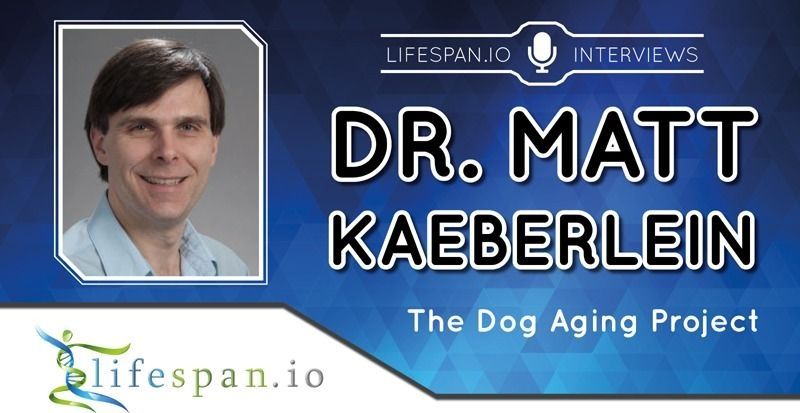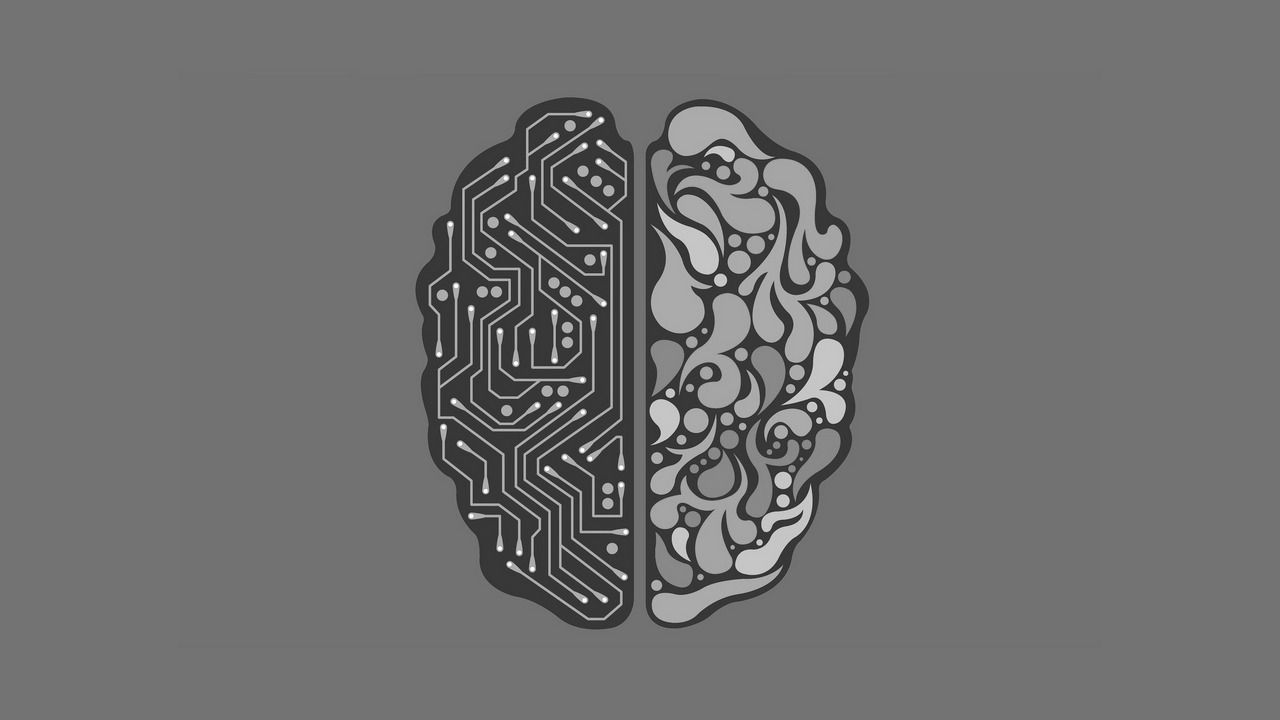Page 9449
May 28, 2018
Jeff Bezos wants to build a moon colony, with or without NASA
Posted by Klaus Baldauf in category: space travel
May 28, 2018
Aspirin Emulates some Aspects of Caloric Restriction
Posted by Steve Hill in category: materials
A substance found in aspirin has been demonstrated to replicate certain beneficial aspects of caloric restriction including triggering autophagy, the way our cells recycle unwanted materials.
May 28, 2018
Investing in Brain Health for All (December 4–6th)
Posted by Alvaro Fernandez in categories: biotech/medical, finance, health, neuroscience

https://www.youtube.com/watch?v=1x8Yhvrd7E4
Amazing how quickly things are changing in brain health and mental health — see the news about Interaxon, Akili, NeuraMetrix, Apple, Calm, Halo Neuroscience, Mindstrong Health, Calm, Novartis, Pear Therapeutics, in the last 6 months alone, and consider joining the discussion in December smile (link opens 2-minute video)
Imagine a videogame cleared by the FDA to treat ADHD, depression, or substance abuse — how will doctors prescribe it, patients access it, and insurers pay for it?
Continue reading “Investing in Brain Health for All (December 4–6th)” »
May 28, 2018
Dr. Matt Kaeberlein – The Dog Aging Project
Posted by Nicola Bagalà in categories: biotech/medical, life extension
An interesting interview with one of the Dog Aging Project’s lead scientists, Dr. Matt Kaeberlein.
As we discussed in a recent article about Prof. George Church’s new startup, endeavors to undo aging aren’t directed exclusively toward human aging; extending the healthy lifespan of our pet dogs and cats is also currently being researched. The Dog Aging Project (DAP) has been around quite a bit longer than Prof. Church’s startup, and today, we have the pleasure to bring you an interview with one of the lead scientists behind it, Dr. Matt Kaeberlein.
In much the same way that other projects are aiming to extend healthy human lifespan, the DAP team intends to do the same, targeting the aging processes directly. Given the rate of progress in geroscience over the past years, Dr. Kaeberlein and his team are optimistic that, in the near future, the interventions that have been shown to slow down aging in mice and rats could do the same in our furry companions.
Continue reading “Dr. Matt Kaeberlein – The Dog Aging Project” »
The latest from Liz.
This is “CREATING THE FUTURE — LIZ PARRISH” by Weatherbys Bank on Vimeo, the home for high quality videos and the people who love them.
May 28, 2018
China steps up pace in new nuclear arms race with US and Russia as experts warn of rising risk of conflict
Posted by Derick Lee in category: military
As China joins the US and Russia in pursuing more targeted nuclear weapons as a deterrent against potential threats, the looming arms race would in fact serve the opposite purpose by increasing the risk of a nuclear conflict, experts warn.
Chinese scientists are running simulated tests at a faster rate than America as world’s leading powers develop arsenal of ‘usable’ next-generation weapons.
May 27, 2018
HP set to unveil game-changing 3D metal printers
Posted by Klaus Baldauf in category: 3D printing
BARCELONA: In a bid to take the 3D printing industry to an entirely new level, global printing and PC major HP Inc has announced that its 3D metal printing solutions are set to enter the market later this year, thus giving the $12 trillion global manufacturing opportunity a new push.
HP, which entered the Additive Manufacturing (AM) field in 2016, currently has industrial-grade Multi Jet Fusion (MJF) 3D printing solutions that produce polymer (plastic)-based products.
“We will do an announcement on metal printing later this year and unveil to the world what kind of technology we will use. There are several metal technologies out there and we will share which we have zeroed in on to move forward and invest further,” Ramon Pastor, Vice President and General Manager of Multi Jet Fusion, HP, told IANS.
Continue reading “HP set to unveil game-changing 3D metal printers” »
May 27, 2018
Scientists develop AI systems that can identify people
Posted by Genevieve Klien in categories: privacy, robotics/AI, security, transportation
The technology could be used at airport security instead of fingerprinting and eye-scanning. It can successfully verify an individual simply by analysing the footstep 3D and time-based data.
The AI system, developed by researchers at University of Manchester in the UK and University of Madrid in Spain, correctly identified an individual almost 100 percent of the time, with just a 0.7 error rate.
Physical biometrics, such as fingerprints, facial recognition and retinal scans, are currently more commonly used for security purposes. However, so-called behavioural biometrics, such as gait recognition, also capture unique signatures delivered by a person’s natural behavioural and movement patterns.
Continue reading “Scientists develop AI systems that can identify people” »
May 27, 2018
Here Are Three Factors That Accelerate The Rise Of Artificial Intelligence
Posted by Genevieve Klien in categories: business, robotics/AI
Advances in Deep Neural Networks
The third and the most critical factor in AI research in the advancement in deep learning and artificial neural networks.
Artificial Neural Networks (ANN) are replacing traditional Machine Learning models to evolve precise and accurate models. Convolutional Neural Networks (CNN) brings the power of deep learning to computer vision. Some of the recent advancements in computer vision such as Single Shot Multibox Detector (SSD) and Generative Adversarial Networks (GAN) are revolutionizing image processing. For example, using some of these techniques, images and videos that are shot in low light and low resolution can be enhanced to HD quality. The ongoing research in computer vision will become the base for image processing in healthcare, defense, transportation and other domains.
Continue reading “Here Are Three Factors That Accelerate The Rise Of Artificial Intelligence” »

















